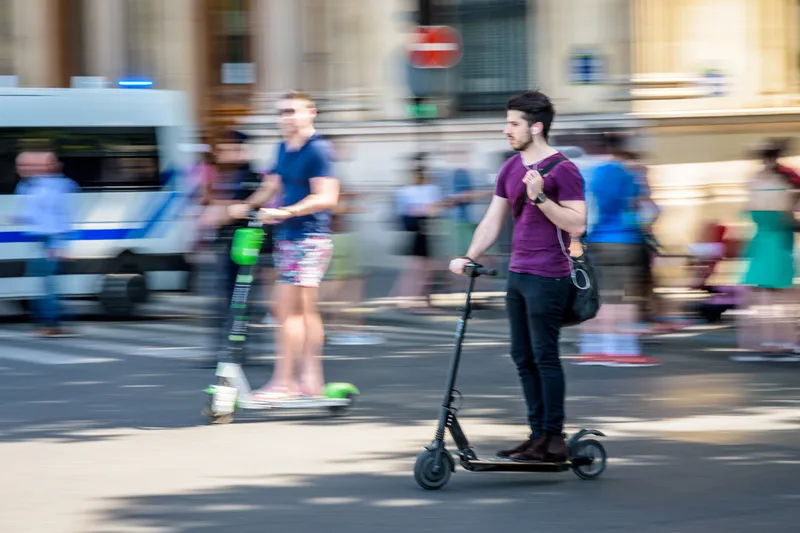London's congestion charge could be tightened in 2013, if new emission recommendations are accepted by mayor Boris Johnson that could see just electric cars escape the levy. Around 19,000 vehicles, mainly those with small diesel engines, currently escape the levy as their engines emit less than 100 grams of carbon dioxide per kilometre. From July 2013, emission levels could be cut to less than 75 grams of carbon dioxide per kilometre; at present only some hybrid and all-electric cars achieve that level. Own
December 3, 2012
Read time: 1 min
London's congestion charge could be tightened in 2013, if new emission recommendations are accepted by mayor Boris Johnson that could see just electric cars escape the levy.
Around 19,000 vehicles, mainly those with small diesel engines, currently escape the levy as their engines emit less than 100 grams of carbon dioxide per kilometre.
From July 2013, emission levels could be cut to less than 75 grams of carbon dioxide per kilometre; at present only some hybrid and all-electric cars achieve that level. Owners of cars that meet today’s levels will have a grace period of two years before they lose their exempt status.
London has around 16% of all UK electric cars and some 850 charging points. Car makers948 General Motors and 838 Nissan have asked the chancellor for more help to boost electric car sales.
Around 19,000 vehicles, mainly those with small diesel engines, currently escape the levy as their engines emit less than 100 grams of carbon dioxide per kilometre.
From July 2013, emission levels could be cut to less than 75 grams of carbon dioxide per kilometre; at present only some hybrid and all-electric cars achieve that level. Owners of cars that meet today’s levels will have a grace period of two years before they lose their exempt status.
London has around 16% of all UK electric cars and some 850 charging points. Car makers







